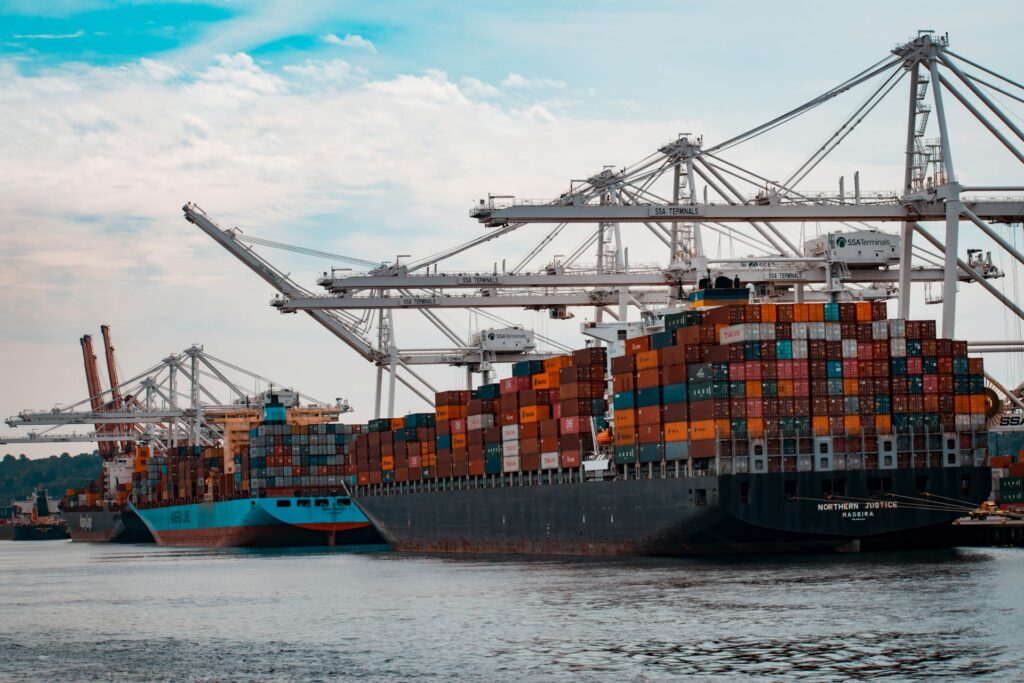Introduction: In today’s fast-paced world, efficient transportation is the backbone of modern society. From commuting to work to shipping goods across continents, transportation systems play a pivotal role in connecting people and facilitating economic growth. In this comprehensive guide, we’ll delve into various aspects of transportation, exploring its significance, challenges, and future prospects.
The Evolution of Transportation
Early Modes of Transportation
- Primitive Footpaths: Tracing back to ancient times, footpaths were the earliest form of transportation, connecting communities and enabling trade.
- Animal-Powered Transport: The domestication of animals introduced a revolutionary mode of transportation, with horses, camels, and oxen hauling goods and people over long distances.
- Waterways: Rivers and seas served as natural highways, facilitating the movement of goods and fostering cultural exchange among civilizations.
The Industrial Revolution and Beyond
- Steam Power: The invention of steam engines revolutionized transportation, powering locomotives and steamships, significantly reducing travel time and expanding trade networks.
- The Automobile Era: The 20th century witnessed the rise of automobiles, offering unparalleled mobility to individuals and transforming the landscape of cities.
Modern Transportation Systems
Road Transportation
- Highways and Expressways: The backbone of land transportation, highways and expressways enable swift movement of vehicles, connecting urban centers and rural areas.
- Public Transit: Bus and subway systems provide affordable and efficient transportations options for commuters in densely populated areas.
- Emerging Trends: From electric vehicles to autonomous cars, innovations in road transportations are shaping the future of mobility, promising safer and more sustainable travel.
Rail Transportation
- Rail Networks: Railways remain a vital component of transportations infrastructure, transporting passengers and freight over long distances with speed and efficiency.
- High-Speed Rail: Countries around the world are investing in high-speed rail systems, offering rapid intercity connections and reducing reliance on air travel.
Air Transportation
- Commercial Aviation: Airplanes revolutionized long-distance travel, making it possible to traverse continents in a matter of hours.
- Airport Infrastructure: Modern airports serve as bustling hubs of connectivity, offering a wide range of amenities and services to travelers.
Maritime Transportation
- Cargo Shipping: Maritime transport handles the bulk of global trade, with container ships carrying goods between ports worldwide.
- Cruise Industry: Luxury cruises provide travelers with unparalleled experiences, exploring exotic destinations while enjoying onboard amenities and entertainment.
Challenges and Opportunities
Environmental Impact
- Carbon Emissions: The transportations sector is a significant contributor to greenhouse gas emissions, necessitating a shift towards greener alternatives.
- Electric Vehicles: The adoption of electric vehicles presents a promising solution to reduce emissions and combat climate change.
Infrastructure Development
- Urban Congestion: Traffic congestion in cities poses challenges to efficient transportations, prompting investments in infrastructure and public transit systems.
- Smart Transportation: Utilizing technology such as IoT and AI, smart transportations systems optimize traffic flow and enhance safety on roads and railways.
The Future of Transportation
Sustainable Solutions
- Renewable Energy: Embracing renewable energy sources such as solar and wind power can make transportations more sustainable and eco-friendly.
- Integrated Mobility: Integrated transportations systems that seamlessly connect different modes of transport offer convenience and efficiency to travelers.
Technological Advancements
- Autonomous Vehicles: Self-driving cars and trucks have the potential to revolutionize transportations, offering safer and more efficient travel experiences.
- Hyperloop Technology: Hyperloop systems promise ultra-fast transportations, with pods traveling at speeds exceeding 700 mph in vacuum tubes.
FAQs
How does transportation impact the economy?
Transportations infrastructure facilitates trade, commerce, and tourism, driving economic growth and creating job opportunities.
What are the environmental challenges associated with transportations?
Transportations contributes to air and noise pollution, habitat destruction, and climate change, highlighting the need for sustainable alternatives.
Is public transportation a viable solution for urban congestion?
Yes, investing in public transit systems can alleviate traffic congestion, reduce emissions, and enhance mobility in cities.
What role does technology play in modern transportations?
Technology enables innovations such as electric vehicles, autonomous cars, and smart traffic management systems, revolutionizing the way we travel.
How can individuals contribute to sustainable transportation practices?
Individuals can opt for eco-friendly modes of transportations, such as cycling, carpooling, or using public transit, to reduce their carbon footprint.
What are some future trends in transportation?
Future trends include the widespread adoption of electric and autonomous vehicles, the development of hyperloop technology, and the integration of renewable energy sources into transportations systems.
Conclusion
In conclusion, transportations plays a vital role in shaping our world, enabling economic prosperity, cultural exchange, and personal mobility. As we navigate the roads of progress, embracing innovation and sustainability will be key to building transportations systems that are efficient, inclusive, and environmentally friendly.

